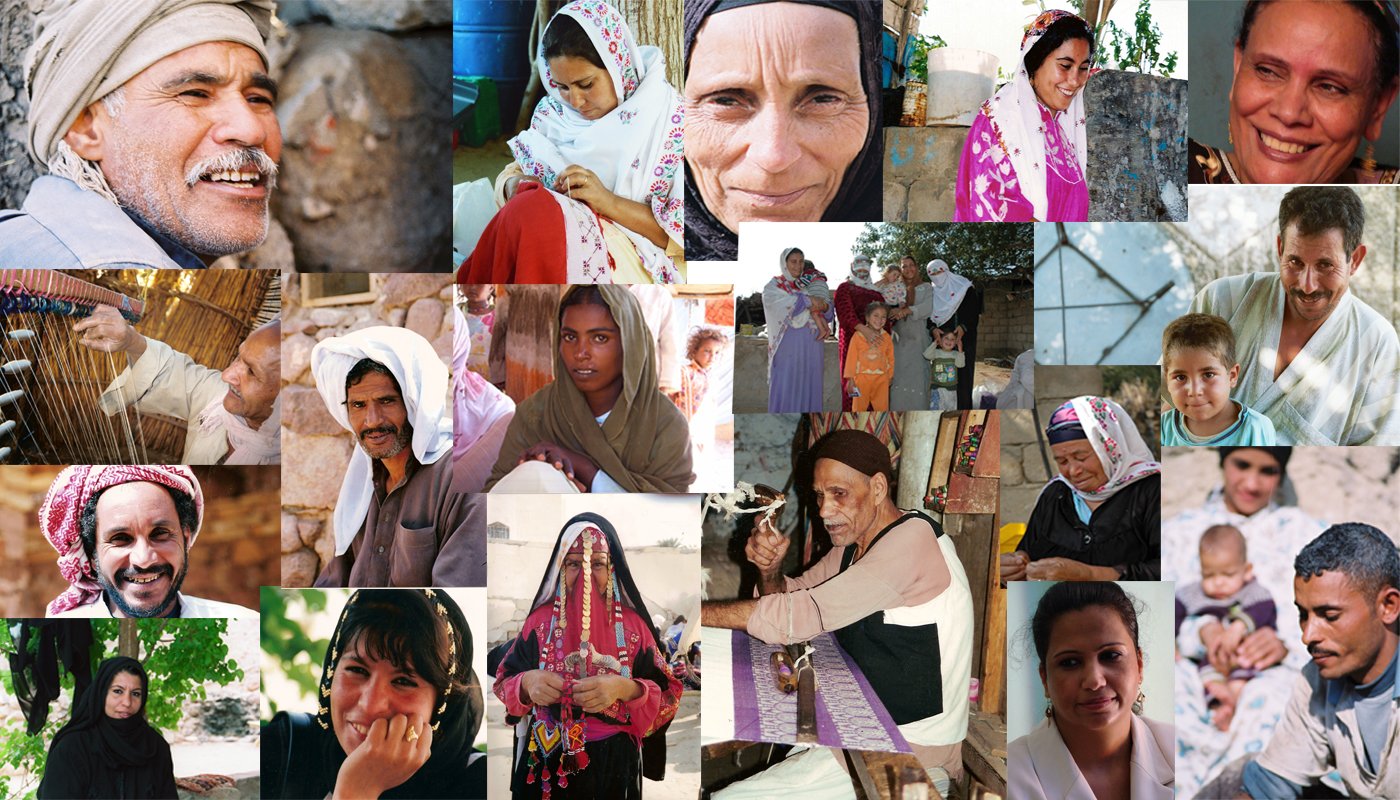Growing awareness about sustainability has prompted many shoppers to think about where and how they shop, and Egypt’s young entrepreneurs have been happy to oblige.
People often think that the term ‘sustainability’ is limited to environmental sustainability, but the concept is far broader than that. Put simply, sustainable shopping entails making purchasing decisions in a way that benefits all parties and elements involved: primarily the community and the environment.
Environmental sustainability is the more well-known of the two due to growing awareness of the effects of climate change. However, the term ‘community sustainability’ usually refers to general social welfare and worker rights.
Far too often, large clothing brands exploit underprivileged workers by paying them too little in order to maximize profits, so the workers get no reward for their hard work and long – oftentimes inhumane – hours of labor.
Although heartbreaking stories of factory workers getting abused or underpaid usually apply to international brands that employ workers in Bangladesh or India, the case in Egypt is sadly not that different.
There have been similar incidents in the country, such as the collapse of a factory building in Gesr Al Suez earlier this year. Once standing ten stories tall, the building that collapsed acted as both a garment factory and housing for its 100 employees, many of whom were killed or injured during the collapse.

Several brands in Egypt have managed to address both types of sustainability simultaneously, such as Up-Fuse and Reform Studio, both of which manufacture bags and other items from plastic waste, primarily plastic bags and bottles.
This is particularly relevant in light of Egypt’s waste management problem. The country produces a total of 5.4 million metric tons of plastic every year, making it the biggest plastic polluter in the Arab world.
In terms of community efforts, Reform Studio employs local weavers who were previously unappreciated and also teaches the weaving craft to women in rural areas. The company aims to revive the traditional craft while incorporating plastic waste into the production process.
View this post on Instagram
Up-Fuse, on the other hand, manufactures its products in cooperation with several NGOs that support Egyptian artisans as well as refugees from Sudan, Ethiopia, and Syria. The growing company has provided more than 50 job opportunities so far, in addition to recycling more than 260 thousand plastic bags.
Up-Fuse co-founder Yara Yassin was recently featured on the Egyptian Streets Podcast as part of the 10 Qahirat series. Since the company’s inception, it has expanded its offerings by offering more products, including sandals made from old car tires.
View this post on Instagram
Another brand that utilizes old car tires is Mobikya, which manufactures furniture and home accessories made of waste. They are most commonly known for their tire poufs and chairs made of old tires and washing machine drums that would have otherwise ended up in a landfill.
View this post on Instagram
Other manufacturers work with the community to help local artisans profit from their crafts by modernizing their products to make them more appealing to larger audiences, such as Kiliim.
The company is most commonly known for its rugs, but it also manufactures quilts and other household items in cooperation with local weavers to revive the dying craft.
View this post on Instagram
Kiliim helps the weaving community in Fowwa, a small village near the Nile Delta by providing weavers with the modern designs that have become vastly popular among buyers who wouldn’t usually have direct access to the weaving community. By marketing their crafts for them, Kiliim has managed to provide its artisans with incomes that are 50 percent higher than the industry average to ensure that they are properly compensated for their efforts.
The same strategy is used by household accessory shop Markaz, which showcases products all made using traditional crafts, including weaving, tasseling, and embroidery.
The products are made by different marginalized communities across Egypt, such as the Bedouin women in Sinai and artisans from several governorates across the country such as Sohag and Qena. By providing a platform for selling and marketing their work, Markaz helps these individuals support their livelihoods and keep their crafts alive.
View this post on Instagram
These brands are only some of the many emerging companies striving to promote social welfare and community responsibility in Egypt. What shoppers can do to encourage these practices is to think twice about their purchases and consider who made the product and who will benefit from the purchase.
Purchasing from small brands like these rather than large, impersonal chains can help a local artisan put dinner on the table or send their children to school, which makes the purchase all the more meaningful.
Subscribe to the Egyptian Streets’ weekly newsletter! Catch up on the latest news, arts & culture headlines, exclusive features and more stories that matter, delivered straight to your inbox by clicking here.






Comments (6)
[…] Sustainable Brands in Egypt: Supporting the Environment, Community, and Beyond Black Eyed Peas to Perform in Egypt Next October […]
[…] المصدر by [author_name] كما تَجْدَرُ الأشارة بأن الموضوع الأصلي قد […]